Comfort Eating And Lockdown
Let’s face it, at one point or another this past year, we’ve given in to eating and drinking for comfort. In this article we'll have a look into why that might be, and what to do about it.
Understanding
Stress from a change of routine, depression from a lack of purpose, and even boredom are some of many factors for why we may comfort eat.
What I suggest may sound like a strange tip. Still, I would argue that awareness of why we comfort eat is probably one of the most critical factors to understanding why we comfort eat.
Strangely enough, "Comfort eating" actually serves a purpose for us. And it does this incredibly well. Usually, it can a conscious or subconscious emotional need that hasn't been fulfilled yet. Whatever the reason, it will be personal to us.
For example, If I'm bored at home, I'll eat something sweet to pass the time as it makes me feel good. It fills that gap of having too little stimulation and my lack of human contact each day.
Once in a while, comfort eating is ok but done regularly enough, it starts to add up over time. (I'm looking at you trouser waistline!)
So, my two main reasons for comfort eating seem to be "too much free time" and "not seeing/ speaking to people regularly enough". I can control both of these things to some degree and, by thinking about it, gave me the all-essential "A-Ha!" moment I needed.
Now that we have done the thinking part, the next bit is about taking action.
Focus On Less And Make It Easy
We've all done it, haven't we? Declare war on things we want to change. "That's it! I am not doing that anymore. It's time to get a grip! Tomorrow I will "Insert the equivalent of swimming across the Atlantic here."
You see where I am going with this.
The real skill of actually getting yourself to change something is to focus on less and make it so easy for yourself that you can't fail.
For example, I became bored in the afternoon. My default behaviour was to eat some sweet food (Danish pastries from Ole & Steen).
I've tried to be productive, but can't muster the will power to lift a finger to do anything. Even reading a book for 20 minutes was too much for me.
After some thought, I identified that my boredom stems from lack of human contact and loneliness in a more superficial sense. Given that we are legally not permitted to travel or socialise as we used to, I was a bit stuck.
So for my solution, I chose something comfortable and repeatable. Each day I would send one or two WhatsApp messages to friends and organise the odd facetime call if anyone was free.
It's not perfect, but I feel less bored, fill my time more socially and solve my emotional needs temporarily. No cookies required, or at least the craving for cookies disappeared (Sorry Ole & Steen).
Routine
I don't know about you, but if I don't have some structure in my day, I become the master of finding ways to procrastinate. As the evening closes in, the guilt and self-loathing grows. By bedtime, I'm looking in the mirror having a "what the **** are you doing with your life?!" conversation.
On days without even a loose structure, my bad habits would creep in uncomfortably quickly. It would start with a Danish Pastry with a coffee for breakfast, pizza with beer for dinner and Playstation with the boys into the early hours.
Every once in a while, this was fine to do. But if it started to happen a couple of days in a row, I had to refocus on getting back into a healthier routine.
For me, an evening routine of less PlayStation (instead of none as it's social time with friends after all) watching "Le Bureau", and cooking dinner instead of delivery, helped keep the momentum going from day to day. At the weekend I relaxed a little but made sure to get to bed around the same time I do in the week.
Even booking time to stretch for 10 minutes was a big help, as I would use it as an anchor to stack other habits with it.
In Conclusion
Every "bad habit" we have, such as comfort eating, serves as a solution to something. Figure out what that is first, so you can take action to get that problem addressed.
When you want to make a change, focus on just one that resonates with you. Then take steps to complete that, and make sure they are so comfortable, that you set yourself up for success.
Finally, try to "grease the groove" of that habit you are working on by getting into some routine. Have a loose schedule booked in that you will follow, and flexible enough for you to make changes to, should you get busy with "life".
Yours In Health
Patrick Fallis



